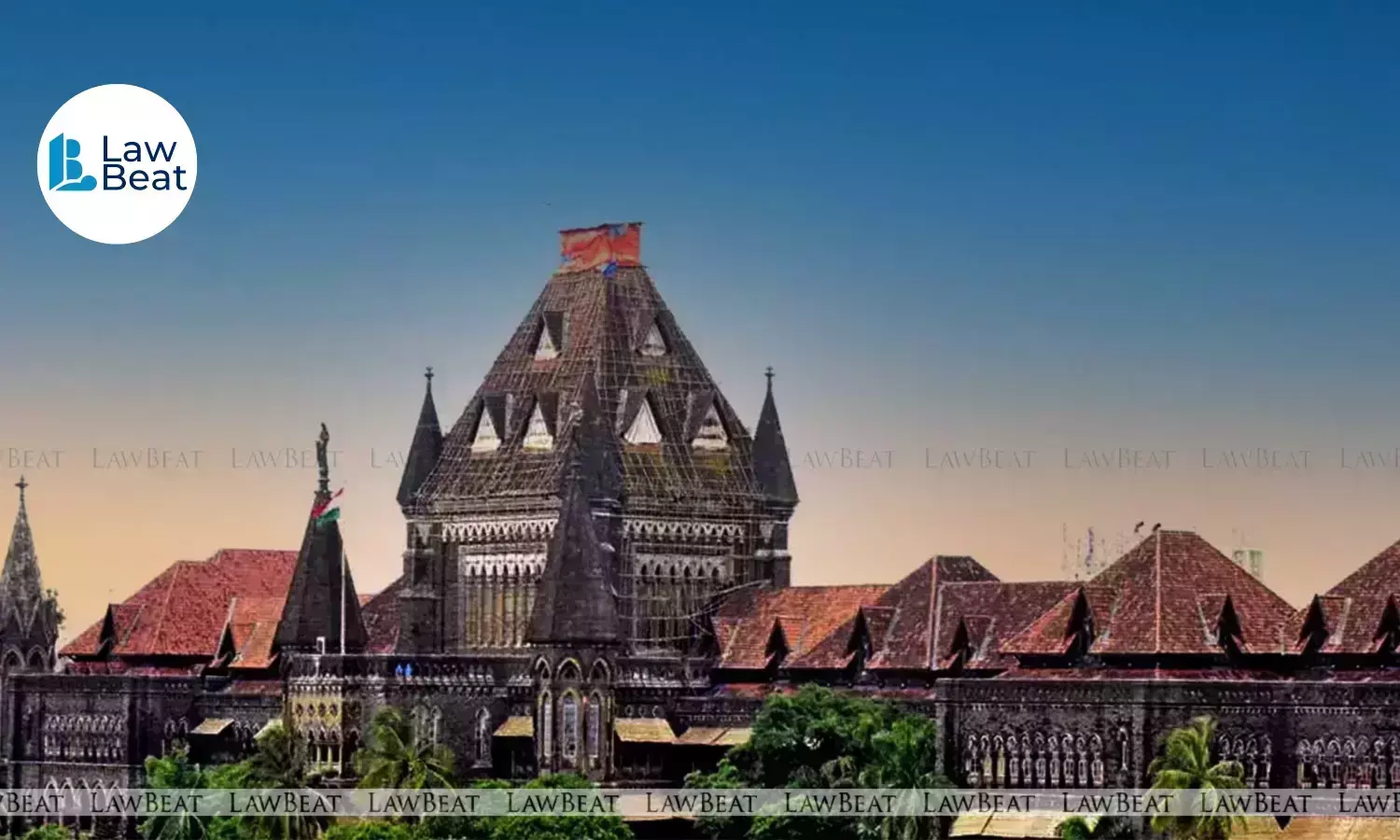Courts Can Revoke Probate on Grounds Beyond Section 263 Explanations, Says Bombay High Court

Explanations to Section 263 of Succession Act Only Illustrative, Rules Bombay High Court
The Bombay High Court has clarified that the explanations appended to Section 263 of the Indian Succession Act, 1925, which enumerate circumstances constituting “just cause” for revocation or annulment of a probate, are illustrative and not exhaustive.
The Division Bench of Justices M.S. Karnik and N.R. Borkar held that the provision empowers courts to determine, based on facts of each case, whether “just cause” exists even in situations not expressly covered by explanations (a) to (e) of the section.
The Bench was answering a reference made by Justice Manish Pitale, who had invoked Rule 28(C) of the Bombay High Court (Original Side) Rules, 1980, to seek an authoritative pronouncement on the interpretation of Section 263 of the Succession Act.
The questions referred were whether the explanations to Section 263 are exhaustive or merely illustrative, whether circumstances beyond those listed in the explanations can form the basis for “just cause,” and whether earlier judgments of the Bombay High Court in George Anthony Harris v. Millicent Spencer (AIR 1933 Bom 370) and Sharad Shankarrao Mane v. Ashabai Shripati Mane (AIR 1997 Bom 275) correctly stated the law.
The reference arose from a dispute between petitioner Sarwan Kumar Jhabarmal Choudhary, a non-resident Indian domiciled in Ecuador, and respondent Sachin Shyamsundar Begrajka, the sole executor and trustee named in the Will of one Rajesh Chowdhary, who had died by suicide in Ecuador in July 2020. The respondent had sought probate of the Will allegedly executed in March 2022.
The petitioner filed a caveat opposing the grant, contending that the Will was invalid since the attesting witnesses had signed it in India while the testator had executed it abroad, thereby violating Section 63 of the Succession Act.
However, due to his advocate’s failure to remove office objections, the caveat was dismissed under Rule 986 of the Original Side Rules, leading to issuance of the probate. The petitioner then sought revocation of the grant, invoking Section 263(a) on the ground that the proceedings were defective in substance.
Before the Single Judge, the petitioner contended that negligence or mistake of counsel leading to dismissal of a caveat should not deprive a party of an opportunity to contest a suspicious Will, and that “just cause” under Section 263 should not be confined to the limited situations enumerated in the explanations.
The respondent, however, argued that the explanations are exhaustive and not illustrative, and that the court has no jurisdiction to revoke a grant on grounds outside clauses (a) to (e). It was also submitted that treating them as illustrative would encourage frivolous challenges and delay distribution of estates, contrary to public policy.
The Division Bench examined the legislative history of Section 263 and its predecessors; Section 234 of the Indian Succession Act, 1865, and Section 50 of the Probate and Administration Act, 1881 and noted a deliberate departure in phraseology. While the earlier provisions had used the words “just cause is,” Section 263 employs the expression “just cause shall be deemed to exist,” which, the Bench held, creates a deeming fiction for specific cases but does not restrict the court’s jurisdiction to other situations that may amount to “just cause.”
Relying on settled principles of statutory interpretation, the Court held that an Explanation to a section is clarificatory in nature and cannot narrow or enlarge the scope of the substantive provision. Citing the Supreme Court’s rulings in S. Sundaram Pillai v. Pattabiraman (1985) 1 SCC 591 and Kirloskar Ferrous Industries Ltd. v. Union of India (2025) 1 SCC 695, the Bench observed that an explanation “must be read so as to harmonise with and clear up any ambiguity in the main section,” and “does not restrict or extend its ambit.”
The judges reasoned that if the legislature had intended to confine the meaning of “just cause” to the listed grounds alone, it would not have altered the language from “is” to “shall be deemed to exist.”
The Court emphasized that a restrictive interpretation would stifle the court’s power to remedy injustice and could allow fraudulent or procedurally defective probates to stand merely because they did not fall within the five enumerated categories.
The purpose of Section 263, it said, is to preserve the integrity of probate proceedings and ensure that grants are not obtained by fraud, concealment, or procedural unfairness. Therefore, the existence of “just cause” must be assessed case by case, guided but not confined by the explanations.
Answering the reference, the Bench held that the explanations (a) to (e) under Section 263 are illustrative and not exhaustive; circumstances beyond them can constitute “just cause” for revocation or annulment of probate; and that the earlier judgments in George Anthony Harris and Sharad Shankarrao Mane do not lay down the correct position of law.
The ruling restores a broader interpretive approach to revocation proceedings under the Succession Act, reaffirming the judiciary’s discretion to prevent miscarriage of justice in testamentary matters.
Case Title: Sarwan Kumar Jhabarmal Choudhary v. Sachin Shyamsundar Begrajka
Coram: Justices M.S. Karnik and N.R. Borkar
Date of Judgment: October 16, 2025
